Methodical crimes against Rohingya
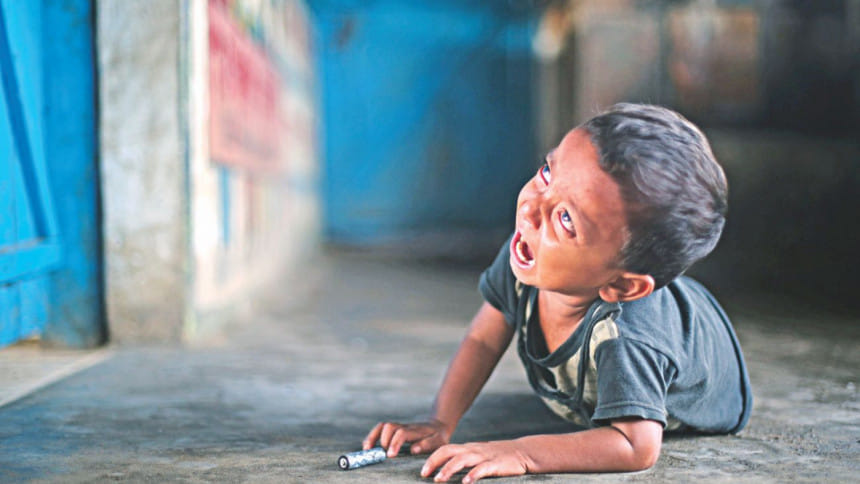
United Nations human rights investigators said Rohingya refugees fleeing the military crackdown in Myanmar have testified about a "consistent, methodical pattern" of killings, torture, rape and arson.
After a first mission to Bangladesh, the team of investigators, led by former Indonesian attorney-general Marzuki Darusman, said that the death toll from the government-backed crackdown against Rohingya Muslims since August 25 was unknown, but "may turn out to be extremely high".
"We are deeply disturbed at the end of this visit," said Darusman, who chairs the UN Fact Finding Mission.
"We have heard many accounts from people from many different villages across northern Rakhine state. They point to a consistent, methodical pattern of actions resulting in gross human rights violations affecting hundreds of thousands of people," he said in a statement yesterday.
The UN Human Rights Council appointed the Fact Finding Mission last March to "establish the facts and circumstances of alleged human rights violations by military and security forces, and abuses, in Myanmar, in particular in Rakhine State".
If the Mission concludes that there have been violations, it will seek to ensure full accountability for perpetrators and justice for the victims, a senior official at the Bangladesh foreign ministry told The Daily Star yesterday.
TILLERSON CALLS GEN HLAING
US Secretary of State Rex Tillerson spoke with Myanmar's army chief on Thursday and expressed concern over reported atrocities against the Rohingya in Rakhine, the State Department said in a statement.
Tillerson urged the army chief, Senior General Min Aung Hlaing, to support the Myanmar government in ending the violence and allowing the safe return of the Rohingya who have fled the area, the statement added.
The State Department is considering formally declaring the crackdown on Rohingya Muslims to be ethnic cleansing.
In another development, the Myanmar authorities have agreed to allow the UN to resume the distribution of food in the northern Rakhine, where such UN activities had been suspended for two months amid the crackdown.
"The WFP has been given the green light to resume food assistance operations in northern part of Rakhine. We are working with the government to coordinate the details," WFP Spokeswoman Bettina Luescher told journalists in Geneva.
She had no timeline or details on the proposed food distribution of rations to northern Rakhine, and said it was still being discussed with the authorities in Myanmar. "We just have to see what the situation on the ground is. It's very hard to say these things if you can't get in."
SHAKEN AND ANGRY
The UN Fact Finding team of three independent experts spent six days interviewing some of the 605,000 Rohingya who are in refugee camps in Cox's Bazar.
An advance team of UN rights officers have been conducting comprehensive interviews for weeks.
Expert Radhika Coomaraswamy, former Special Representative of the UN Secretary-General on Children and Armed Conflict, said the misery and despair she witnessed in the camps had left her "shaken and angry".
The Mission has applied to the Myanmar government for access to Myanmar. It seeks the views of the government and the military on what has happened and why, and wishes to conduct inquires inside Rakhine State itself.
However, access to the country has not yet been granted, without which it becomes more difficult -- though not impossible -- to establish the facts.
For example, whether the armed attacks on military posts actually occurred, as the government claims, can only be established when the government presents the information that has led it to draw this conclusion.
The third expert, Christopher Sidoti, an Australian international human rights specialist, said the visit to Bangladesh also focused on the future of the Rohingyas. The United Nations and many Governments have called for their return to Myanmar. "They must be allowed to return home," Sidoti said.
The Mission is required to submit an interim report to the Human Rights Council in March 2018 and a final report in September 2018 to the Council and to the General Assembly.
'NO RIGHTS WHATSOEVER'
Earlier on Thursday, UN Special Rapporteur on the situation of human rights in Myanmar, Yanghee Lee, a professor at Sungkyunwan University of South Korea, expressed deep disappointment over what she described as the country's Nobel laureate leader's indifference towards the plight of the Rohingya.
She condemned the widespread use of hate speech against the Rohingyas and other communities, stressing that it amounted to incitement to hostility and even violence.
"It has been cultivated for decades in the minds of the Myanmar people that the Rohingya are not indigenous to the country and therefore have no rights whatsoever to which they can apparently claim," Lee said, presenting her full report to the General Assembly.
Because of such sentiments, Myanmar's Catholic bishops are "nervous" that Pope Francis will mention the term Rohingya during his visit from November 27, reports AFP.
Myanmar refers to the Rohingya as illegal Bengali immigrants, though they have lived there for centuries.
NEW HOME
The UNHCR has relocated some 1,700 new refugees to a government-allocated site, decongesting existing facilities in Kutupalong and giving them a home after weeks on the move.
Most of the affected refugees are among the thousands of refugees who trekked for about a week to cross the Bangladesh border, only to be stranded in a border village for four days before being allowed to proceed inland last week, UNHCR spokesperson Babar Baloch told journalists in Geneva yesterday.
The relocation started on Tuesday in an effort to decongest Kutupalong's schools and resume classes, and to free up the transit centre for further arrivals.
A total of 5,000 refugees will be moved to the newly-opened site, which is part of a larger 3,000-acre piece of land known as Kutupalong Extension designated by the government to host the new arrivals.

 For all latest news, follow The Daily Star's Google News channel.
For all latest news, follow The Daily Star's Google News channel. 

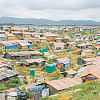
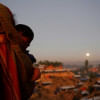
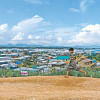
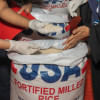



Comments